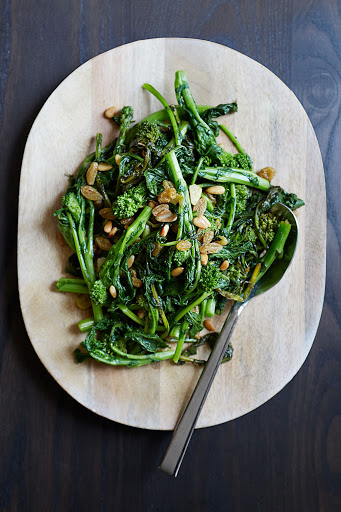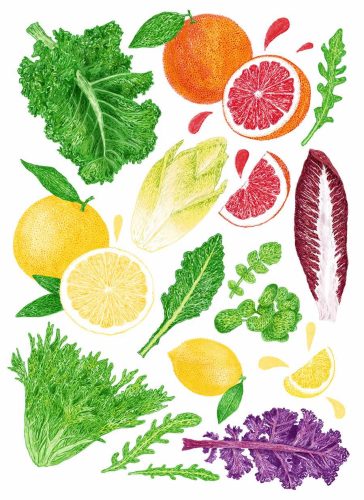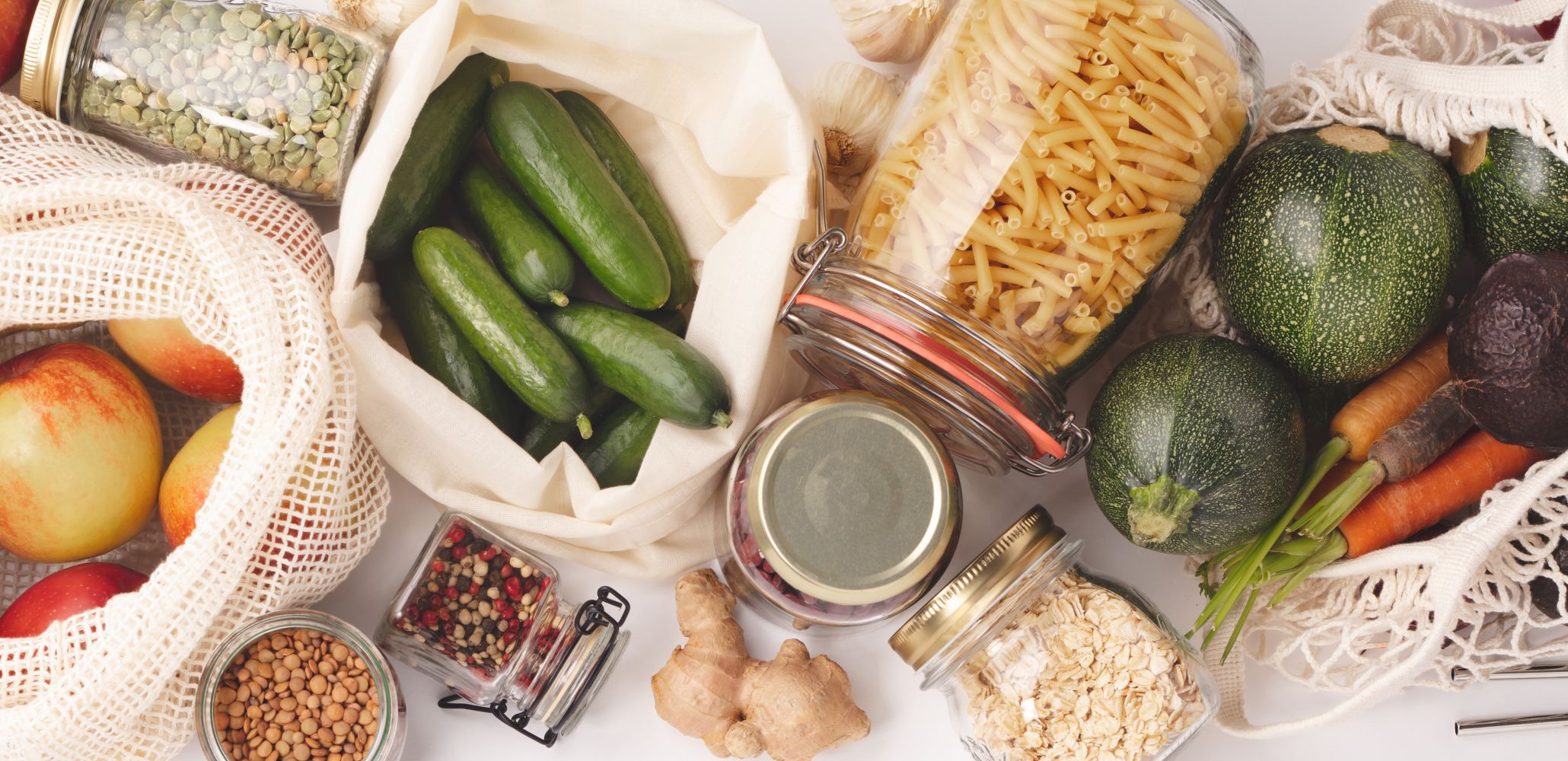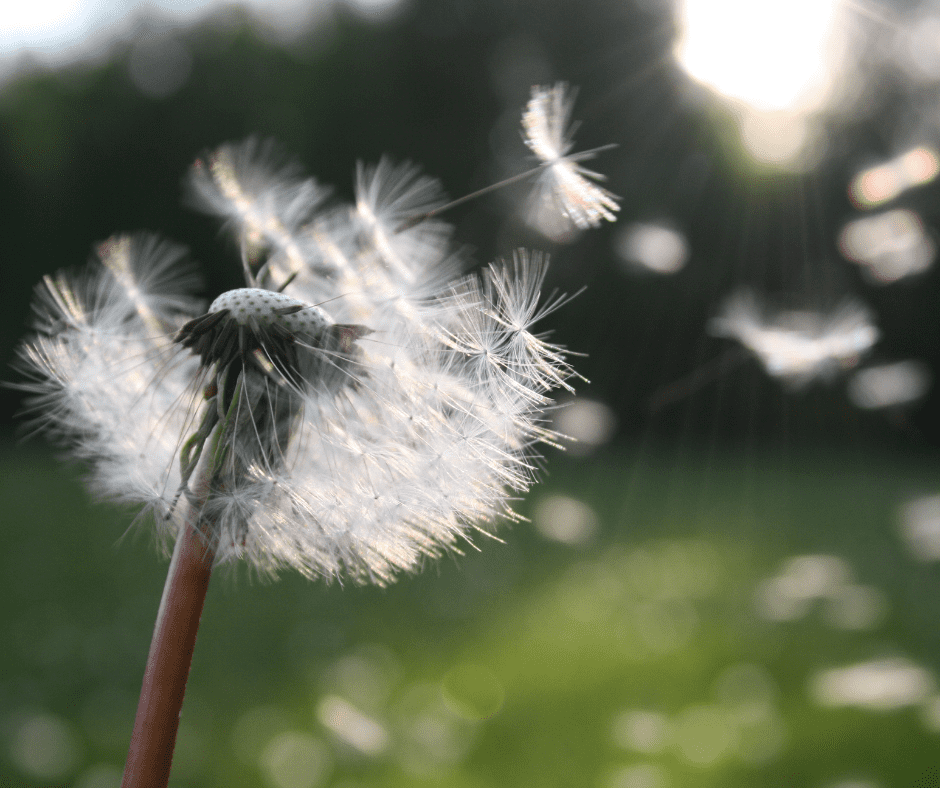Of all the six tastes recognized by Ayurveda, the bitter taste, tikta, is probably the least favorite of most people. As we have seen though, in previous posts about the six tastes, Ayurveda places great importance on having all the tastes present, at least in small amounts, in every meal. Each taste has its own attributes, benefits, and also challenges in excess. There are no “bad tastes” according to Ayurveda, just imbalances of flavors really.
As humans evolved and learned what things would become food versus poison through trial and error, bitter was one of those flavors that marked food, mainly plants, as safe or not safe to eat. According to Ayurveda, bitter foods are cooling, drying, and light in nature which makes them balancing for pitta (fire) and kapha (earth) constitutions but imbalancing for vata (air) constitutions. Remember though that all tastes are encouraged in this system so even air dominant people benefit from small amounts of bitter taste.
While most people do not enjoy bitter foods, some people really appreciate them. They can help to balance the flavors in a dish by adding contrast such as with sweet and salty in a sweet potato and bitter greens curry. Bitter foods are widely used in Eastern countries and are becoming more popular in the West. Some examples of bitter foods are:
| Bitter melons | Bitter gourds | Bitter herbs |
| Coffee | Cacao | Neem |
| Turmeric root | Fenugreek seeds | Yellow dock |
| Aloe vera | Dandelion greens & root | Bitter greens |
When I first began studying both nutrition and herbal medicine years ago, I learned that despite the taste of bitters they are incredibly powerful health allies. I made it a point to try all the different bitter foods and herbs and find ways to bring them into my daily life. They help to reduce inflammation, reduce excess phlegm and fluids in the body, help purge the liver and gallbladder, and are known for detoxifying the body. All parasite cleansing herbs are bitter in nature and should be used for only short periods. Bitter greens, for instance, can easily be quickly sauteed with a little salt and lemon as a side dish, mixed with lettuces in a salad, or juiced with apples or citrus. Many herbs have a bitter quality and are excellent in tea form.
However, too much of even a good thing is no longer good, right? Over-consumption of bitter foods and herbs can be nauseating for some, can deplete vital fluids from the body, weaken the urinary-bladder system, and create extreme detoxification. Ancient yogis are said to use bitters to help deplete sexual desire and function which for them, was a good thing. All things in moderation for modern people though.
Besides the physical effects of bitters, there are psychological ones as well. According to Ayurveda, bitters help draw the mind inward, increase self-awareness, and support introspection. In excess, it can create unhealthy withdrawal from life, plus lead to aversion, separation, and isolation, which may trigger depressive episodes especially for both vata and kapha types of people. A little bit of bitter helps to relieve blockages and toxicity but excessive bitter can create a sort of coldness and withdraw from the world. Moderation in all things as my first Ayurveda teachers always told me.
Here are a few ways to incorporate a little bitter into your life:
Herbal Tea Recipe
- 1 tsp dried peppermint leaves
- 1 tsp dried chamomile flowers
- 1 tsp dried dandelion leaves
Mix the above ingredients together in a teapot or clean french press. Cover with boiled water. Let steep for 5-10 minutes. Strain and sip a cup 1-2 times a day. A little squeeze of lemon and a touch of honey help balance the flavors in this wonderful tea.

Sauteed Bitter Greens with Leeks Recipe
- 2 cups swiss chard, chopped
- ½ cup radicchio, chopped
- 1 cup kale, chopped
- ½ dandelion greens, chopped
- 2 garlic cloves, peeled and minced
- 1 large leek cut in half and chopped (wash thoroughly)
- 1 tbsp extra virgin olive oil
- 1 large lemon, juiced
- Salt and pepper to taste
First, prepare all the ingredients. Heat a large skillet or cast iron pan over high heat for a few minutes. Add the oil and leeks, stirring well. Turn the heat down to medium-high, and stir until the leeks are translucent, (4-5 minutes. Add the garlic and all the greens, turning the heat down to low covering the pan for about 3-4 minutes. Add the lemon juice, 1 ½ tsp of salt and ½ tsp of black pepper, then cover again. Turn the heat off, and leave the pan covered for another 3 minutes or so. More salt may be added to meet your tastes.
Salad with Bitter Greens, Fennel, and Apples Recipe
- 1 head butter lettuce, washed and roughly chopped
- ½ head of red leaf lettuce, washed and roughly chopped
- 1 endive, washed and thinly sliced
- 1 small head of radicchio, washed and thinly sliced
- 1 medium fennel bulb, washed and shaved thinly
- 1 of your favorite apples, seeded and chopped
- ⅓ cup of walnuts, soaked 30 minutes and drained
- 2 tbsp plus ½ tsp extra virgin olive oil
- 1 large lemon, juiced
- Salt and pepper to taste
Prepare all the ingredients beforehand. Heat a small skillet over medium-high heat for a few minutes. Add the walnuts, a touch of olive oil, and a pinch of salt and pepper, stirring occasionally to toast but not burn the nuts, for about 4 minutes. Remove from the pan, and set aside to cool. In a large bowl mix the greens together well with the shaved fennel. Toss with the olive oil, lemon juice, salt, and pepper. Top with the apples and walnuts and enjoy.
I hope this gives you some inspiration to enjoy a little more bitterness in your life. Let me know about your experience in the comments below.













